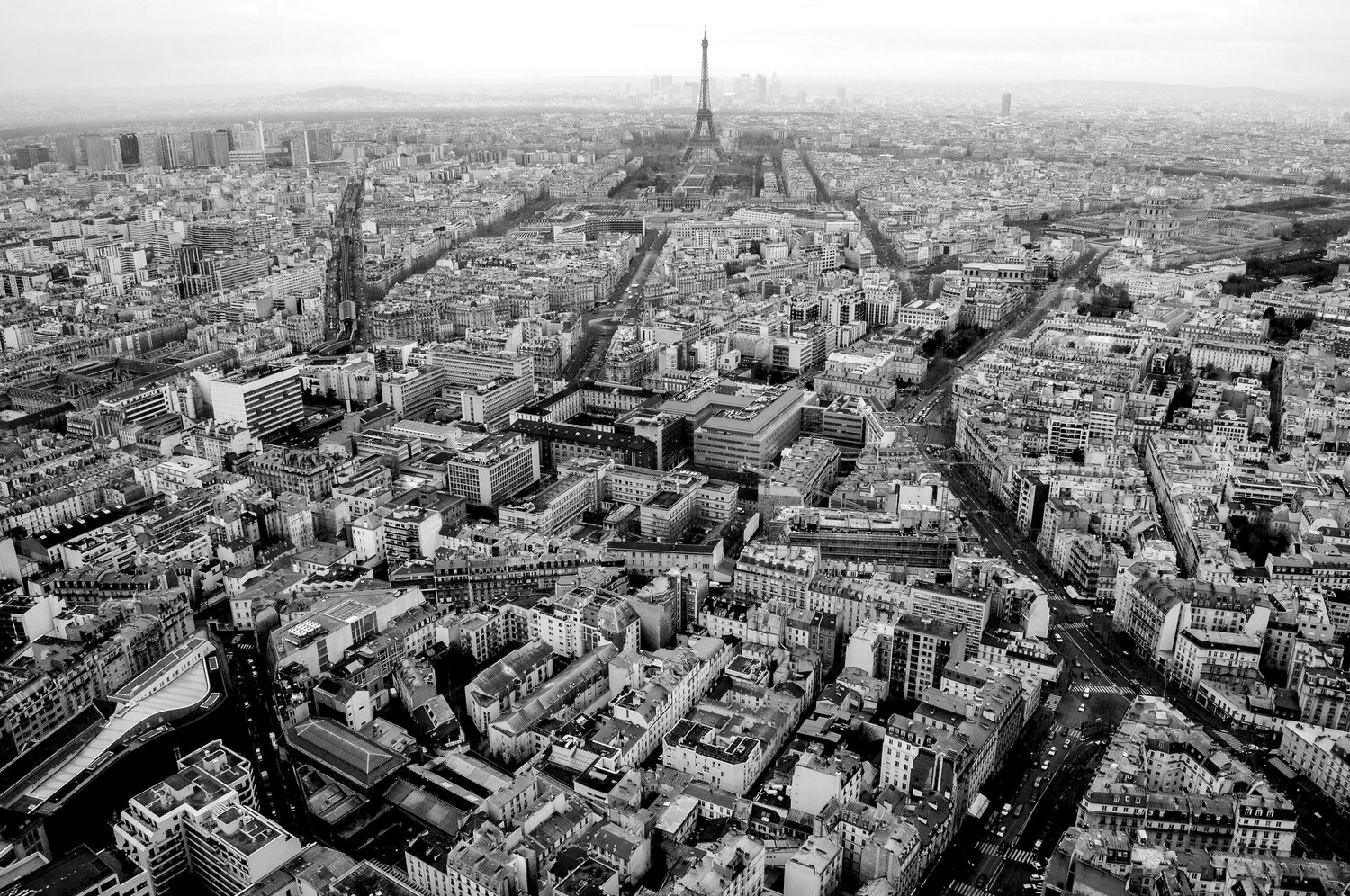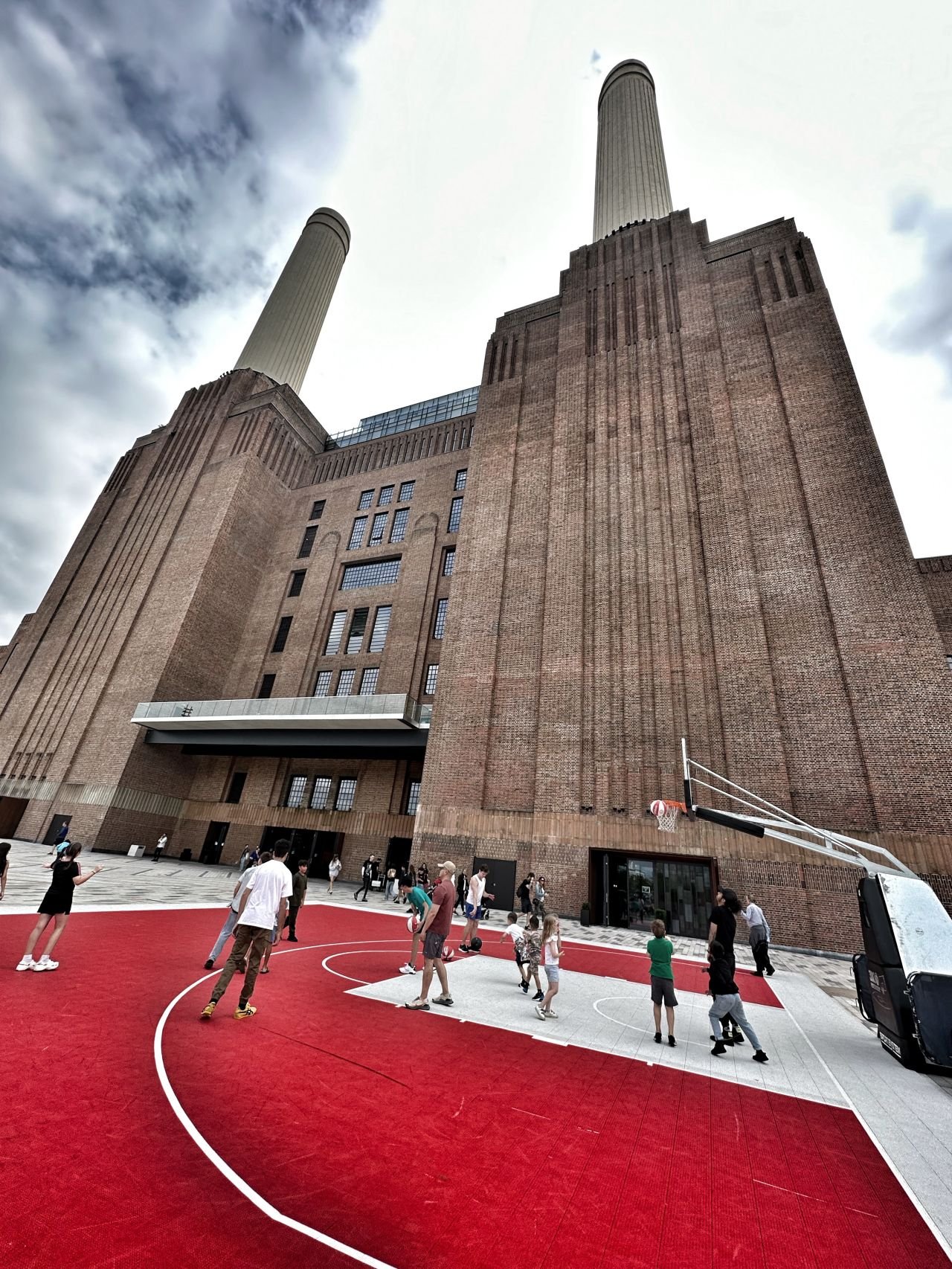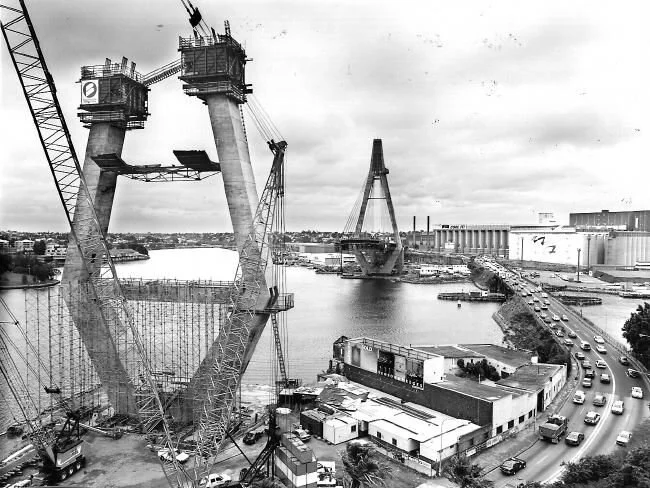Photo by Scott Schuman
I was riding my bike the other day, watching the cars stuck beside me in traffic. How crazy is it that the simple 19th century invention of the bicycle is still one of the best (or THE best) forms of transport that we have.
In many ways I feel like the wheel has almost completed an entire revolution. The rise of the car in the 1950s and 60s led to the reshaping of entire cities, first across the USA, and then the world. Once centered around walkable shopping districts and train lines, they began to spread into vast suburbs and homogenous urban landscapes. So too did the car change our way of thinking. It became a symbol of freedom, a symbol of maturity and a form of identity.
So what happened?
Just like in other aspects of modern society, we have begun to realise that growth is not necessarily sustainable. We can no longer keep producing without recycling, we can no longer own large homes on large blocks of land, and we can no longer all drive to work. There are simply too many of us. And yes, one could argue that we could spread our wings and repopulate and revitalise rural areas. But not only do we rely on the economies of scale of cities to compete in the globalised world, but the 'green' countryside is also very 'brown'. Those living in spacey rural areas generally have far greater environmental impacts than those in cities.
Exploring London on my bike
We have begun to see a tipping point. Do we keep consuming, keep producing and keep driving until we can't anymore? Or do we take a new approach?
We have already begun to see a return to a more minimalist western society, particularly through the rise of collaborative consumption and the return of the bicycle.
With and without government support, the bike has begun to make a return across the world. Whether people are sick of waiting in traffic for hours of their day, whether they can't afford road taxes, or whether there is simply no space to park, people have begun to swap the car for the bike. For ten years in a row, bike sales have outstripped car sales in Australia.
Some may call it a trend, but I'd say it's all part of a bigger revolution.
Not every city will adopt bike use in the same way, and some cities won't adopt bikes at all. An array of factors will determine how, exactly, these wheels will revolve. Some cities never moved away from the bike in the first place (Copenhagen), some cities have stubborn politicians (Sydney), some cities are simply too hot (Phoenix), too cold (Ulan Bator) or too vast (Los Angeles). But across the globe we are beginning to witness a shift in the way we think.
Just like the revolution of a wheel, we are perhaps, returning to where it all began.
On that note, I'd like to leave you with a film called Brussels Express. There are a lot of bike messenger films out on the web at the moment, but this one is particularly brilliant. Through the perspective of one courier, we can see a city that is hitting its tipping point. Will the bike be the answer to its problems?












